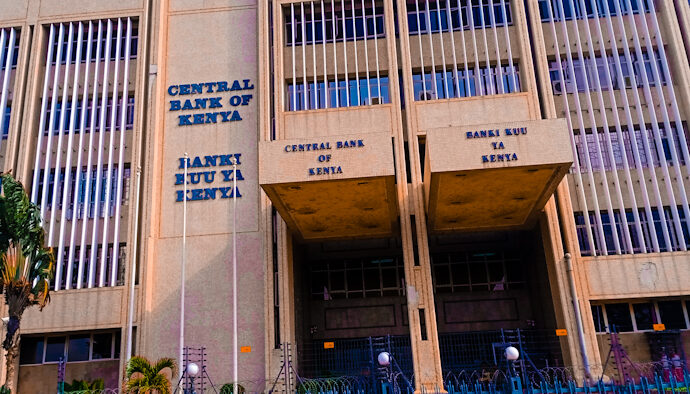This content has been archived. It may no longer be relevant
Kenya’s central bank said on Monday it was lowering the Central Bank Rate (CBR) and the amount of cash that commercial banks must hold as reserves, releasing Ksh35.2 billion in liquidity to prevent the COVID-19 health crisis becoming a severe economic and financial crisis.
“In light of this adverse economic outlook, the MPC, therefore, decided on the following policy actions …:
a) To lower the Central Bank Rate (CBR) to 7.25 percent from 8.25 percent.
b) To reduce the Cash Reserve Ratio (CRR) to 4.25 percent from 5.25 percent, releasing Ksh.35.2 billion as additional liquidity availed to banks to directly support borrowers that are distressed as a result of COVID-19.”
The regulator said it will ensure that the interbank market and liquidity management across the sector continue to function smoothly.
Dr Patrick Njoroge, chair of the MPC and CBK Governor observed that the policy measures underscore the severity of the damage that the coronavirus is likely to cause to economic growth, and the threat the outbreak poses to financial stability.
“While the extent of the adverse effects of the pandemic on the Kenyan economy is still evolving, it is already evident that the impact may be severe. Against this backdrop, the MPC’s deliberations focused on minimising the economic and financial impact.”
Availing more cash for banks to lend provides some relief for some debt holders whose loans are pegged on the CBR said NCBA Research Team in its Weekly Fixed Income Report adding that the move should help facilitate the restructuring of loan facilities without causing strains on banks.
“However, considering the changes in the credit risk environment, the absence of risk-sharing arrangement with the government and the sheer deterioration in business confidence, banks may restrict lending to cushion shareholder’s capital.
It is evident that a turnaround from this pandemic will be slower than recovery from previous shocks. The risk of higher unemployment, unrecoverable service sector damages and challenges in restoring private sector demand given the fiscal limitation will plausibly make this downturn harder to turnaround compared to the Post-Election violence shocks of 2007/2008.
Accordingly, the move coupled with accelerated payment of pending bills could see increased liquidity in the interbank system for now, supporting demand for government papers with a bias for short and medium-term and infrastructure bonds. Liquidity remains high.”




